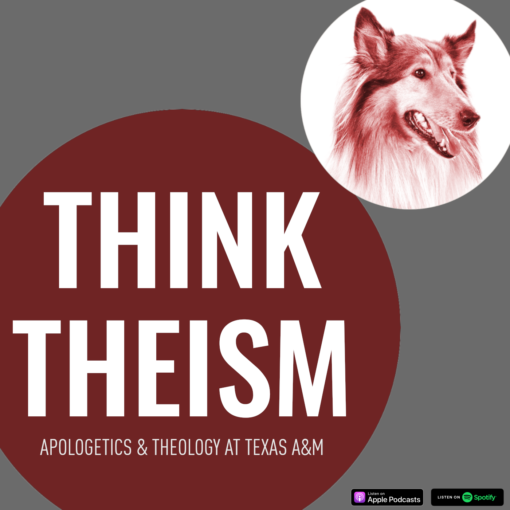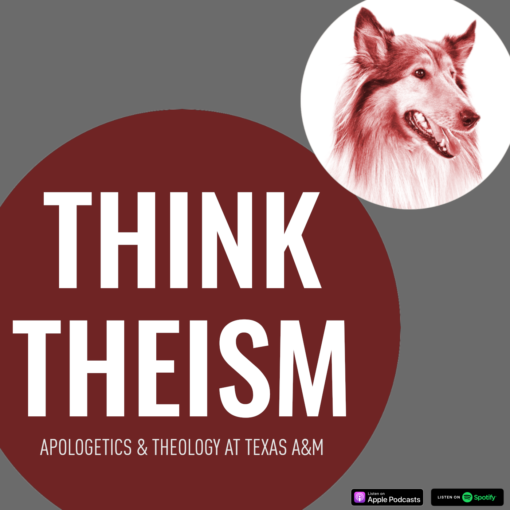The authority of the Bible is central to Christianity. Human authors were carried along by the Holy Spirit to provide the written revelation of God. Many Christians believe that God, being Truth itself, could not inspire a collection of documents containing any error, thus, leading to the idea of biblical inerrancy. But what does this mean? What constitutes an “error”? Are modern categories of history and literature appropriate to evaluate an ancient collection? In this episode, Katie surveys three perspectives from evangelical Christians.
- Inerrancy is Too Simple to Describe the Bible: Peter Enns rejects inerrancy wholesale. No matter how defined, inerrancy doesn’t describe what the Bible does.
- Inerrancy Through Accommodation: John R. Franke accepts inerrancy when cast in terms of the Bible as a missional text. Written for people of vastly different backgrounds, God’s Word accommodates to cross various boundaries.
- Inerrancy as Descriptor, not Definer: Kevin J. Vanhoozer accepts inerrancy taking cues from St. Augustine. Inerrancy states what the Bible says is true, but does not tell you what the Bible says. Once inerrancy begins defining particular interpretations, it is (improperly) taking the place of hermeneutics
Each of these perspectives is spelled out in more detail in the book Five Views on Biblical Inerrancy (Zondervan, 2013). Additional contributors include Albert Mohler and Michael F. Bird.
Related Episodes
RSS feed: http://rc-tamu.org/feed/podcast/think-theism



